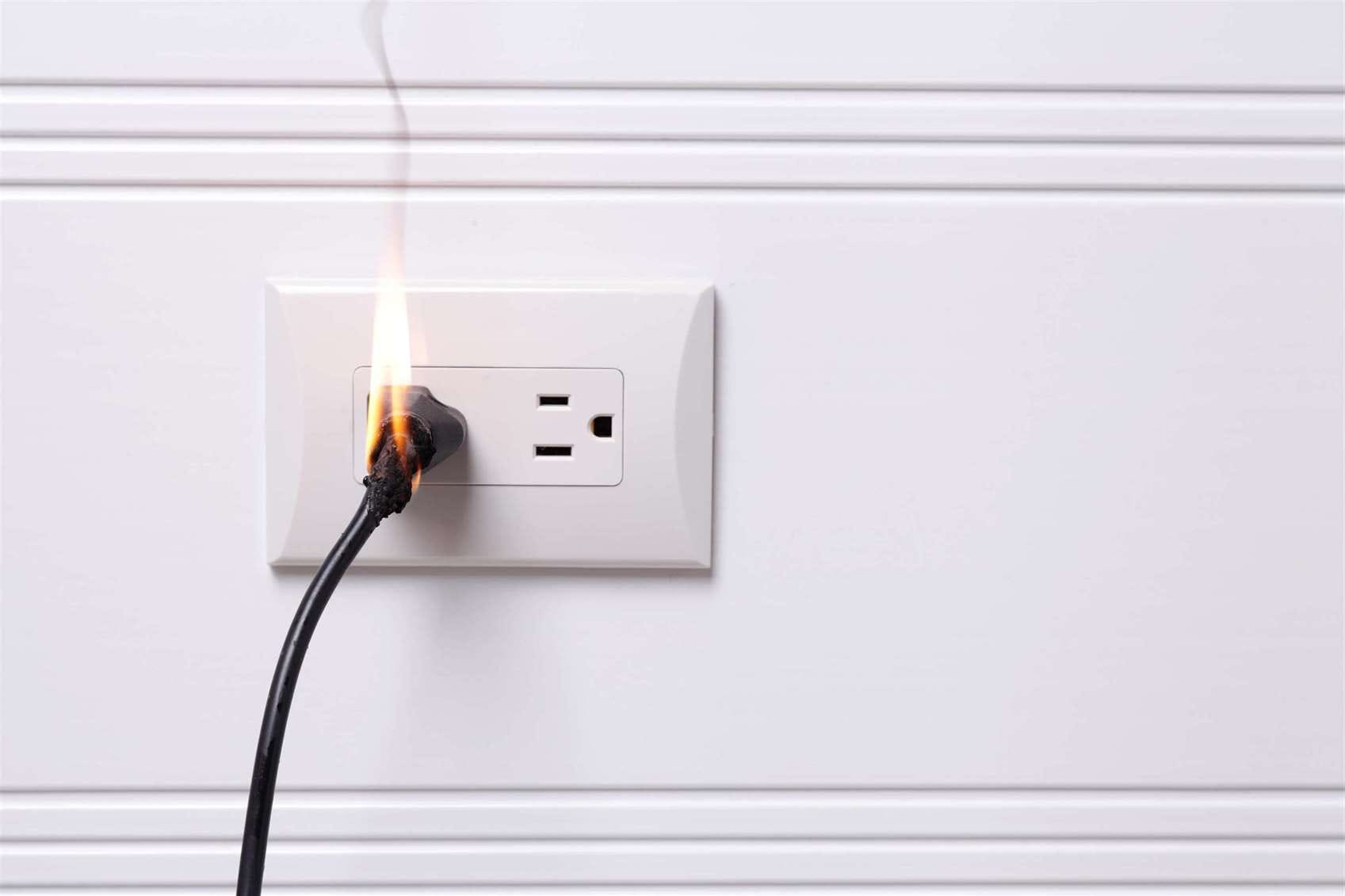

We like to talk about electricity on this blog; that’s no surprise, given the services we offer! We’ve offered a number of technical articles explaining what exactly short circuits are, so we won’t go into too much detail here; basically, when a circuit becomes shorter, there’s more electricity passing through a smaller system, which causes wires to overheat. This can mean serious problems for your household, from your circuit breaker going off to, in the worst cases, house fires. The best way to deal with a short circuit is to call a team of qualified electricians who can identify and resolve the problem for you; this article will help identify potential sources of short circuit in your home.
As your wiring ages, the insulation around it tends to degrade and wear down; this type of wear and tear is inevitable. The wiring might also begin to sag down, the nails that were holding it into place or the structures the nails were placed in may begin to warp and weaken, and you end up with one wire without insulation touching another without insulation, causing a short circuit. This is one of the reasons you’re well advised to replace very old electrical systems in your home, and one of the reasons insurers are reluctant to ensure households with aged wiring; the chances of a house fire or other problem become much higher at this point.
A wide variety of insects, rodents, and other pests can cause damage to your wiring; they may also perch or run along the wiring, causing it to come out of place. That combination is ripe for a short circuit, and when these pests aren’t dealt with, you might see more and more shorts popping up. You’ll need to call an electrician and an exterminator to deal with this problem, and get them both in as soon as possible; pests and shorts are both potential health hazards.
When you plug an appliance into your outlet, that appliance becomes a part of your electrical circuit. You can read more about that in our blog post about outlets, but suffice to say, if there’s a problem with the internal wiring of your appliance, it can cause a short that, in turn, causes the breaker to break the circuit. These can often be repaired by electricians or appliance repair people.
One thing that’s worth noting is that short circuits differ in cause to ground faults, though the symptoms of the two are the same. Another potential cause of shorts and ground faults is individuals who aren’t electricians trying to repair their own wiring; this is ill-advised because it might cause more problems with your wiring, it’s impractical, and most importantly, it’s dangerous. Call the pros; they’ll find the cause of the short and fix it properly, without any risk to your life and limb.